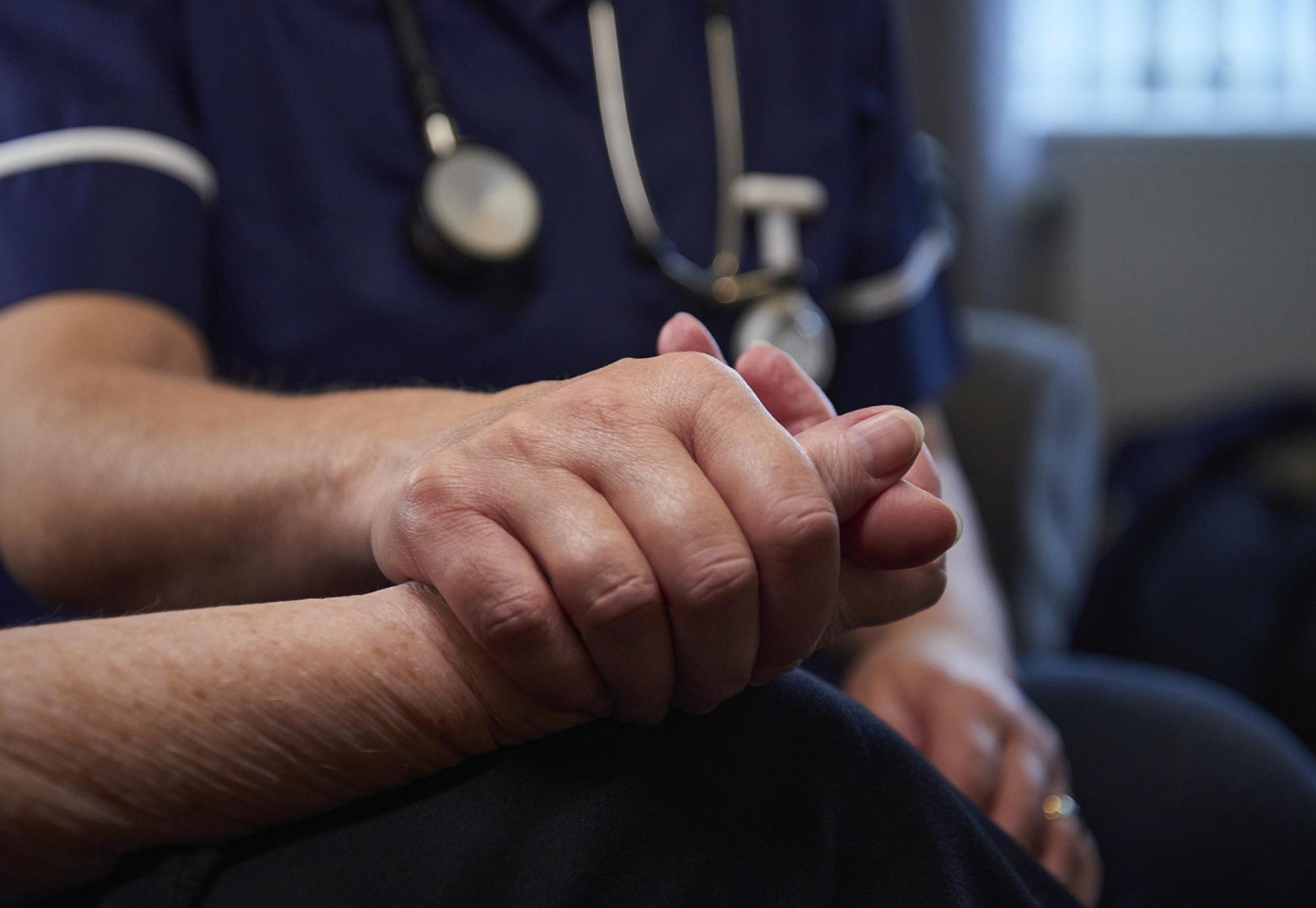In anticipation of the busy winter ahead, the NHS is expanding mental health service provision in an attempt to relieve pressure on emergency services whilst also ensuring those in crisis get the support they need.
Mental health professionals will either be in ambulance control centres helping to triage patients as they present themselves or on the frontlines responding to call outs and providing paramedics with supplementary support.
This comes as NHS England get ready to publish guidance before the end of this week detailing the £10m investment that will help mental health trusts deploy staff in 999 call centres to further bolster the workforce and help the health sector stay ahead of demand throughout the festive period.
Data from two ambulance trusts indicates that having a mental health professional either responding to or just answering 999 calls can reduce the chances of patients needing to go to A&E approximately 30%.
NHS Mental Health Director, Claire Murdoch, said: “Getting support to people suffering a mental health crisis quickly is critical and will be even more important over the coming months when the NHS is facing a perfect storm with winter virus cases rapidly increasing alongside ongoing pressures in emergency care.
“The NHS is helping twice the number of people experiencing a mental health crisis compared to five years ago thanks to the rollout of 24/7 crisis support phone lines with tens of thousands receiving support without having to go to A&E.
“The NHS has been planning more extensively for its most challenging winter yet including having trained mental health professionals answering 999 calls and heading to the scene with paramedics to offer treatment at home.
“If you are struggling with your mental health do seek help from the NHS – you can refer yourself online to our world leading talking therapies service or if you are in a crisis, you can call your local helpline 24/7.”
Moving beyond this winter though, the NHS are also looking to roll out around 100 dedicated mental health ambulances across the country over the next three years – the East of England Ambulance Service and Yorkshire Ambulance Service have already launched these vehicles.
The specialist mental health support ambulance is already showing benefits with avoidable A&E attendances dropping by 10% since its debut on roads of the East of England.
Mental Health Minister, Maria Caulfield, added: “While we’re very aware of the impact winter can have on physical health, colder weather and social pressures during the festive period can have a huge impact on people’s mental health too.
“Crisis services can be vital for so many that are suffering and can make all the difference in ensuring someone is seen and treated as quickly as possible – so it’s great that they will be bolstered by more mental health trained staff over this busy period.
“Everyone should be able to access the help they need when they need it and we’re doing everything we can to make that a reality – with £2.3bn extra government funding for mental health services a year by 2024.”



















